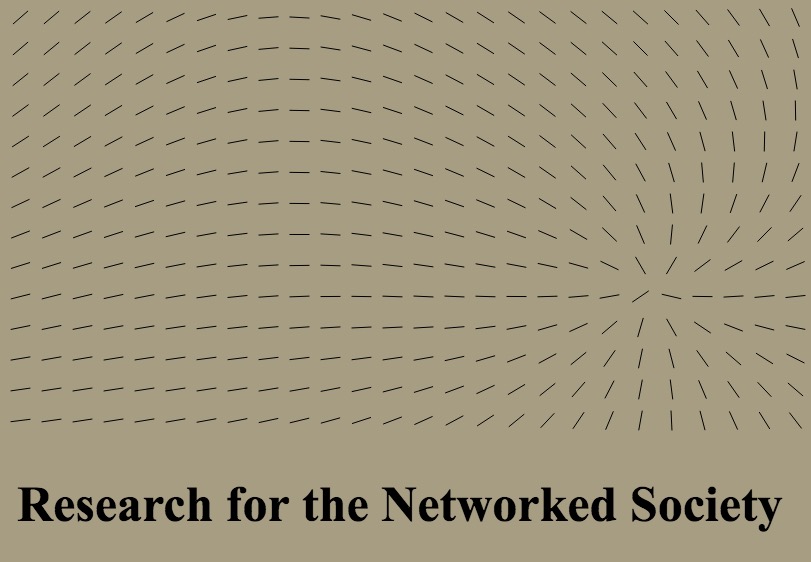Symposium: „Scraping the Demos“: Political Epistemologies of Big Data, Berlin.DE
Talk on “Smile to Vote – Political Physiognomy Analytics” at the Symposium “Scraping the Demos”: Political Epistemologies of Big Data”, held at the Weizenbaum Institute Berlin.
The conference explores political epistemologies of big data. Political epistemologies are practices by which societies construct politically relevant knowledge and the criteria by which they evaluate it. Big data is the practice of deriving socially relevant knowledge from massive and diverse digital trace data. Practices such as “big data analysis”, “web scraping”, “opinion mining”, “sentiment analysis”, “predictive analytics”, and “nowcasting” seem to be common currency in the public and academic debate about the present and future of evidence-based policy making and representative democracy.
Political elites see digital technologies as sources of new and better tools for learning about the citizenry, for increasing political responsiveness and for improving the effectiveness of policies. Political parties and advocacy groups use digital data to address citizens and muster support in a targeted manner; public authorities try to tailor public policy to public sentiment measured-online, forecast and prevent events (as in predictive policing, preemptive security and predictive healthcare), and continuously adapt policies based on real-time monitoring. An entire industry of policy consultants and technology companies thrives on the promise related to the political power of digital data and analytics. And finally, academic research engages in digitally enhanced computational social sciences, digital methods and social physics on the basis of digital trace data, machine learning and computer simulations.
Scholars from various disciplines will carve out the political epistemologies and practices underlying the use of big data and related phenomena such as algorithms, machine learning and artificial intelligence in political contexts. They will point out interpretive conflicts with regard to the knowledge produced and legitimized by digital technologies and provide reflections from historical perspective. Finally, the democratic implications of digitally mediated political epistemologies and regulatory approaches will be discussed.
